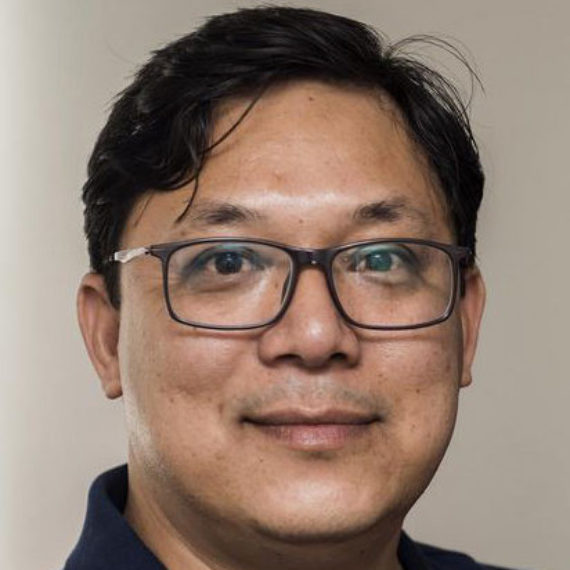Obsolete policies and regulations caused by the lack of specific skills in the stakeholders, ranging from the decision-makers to the technicians, often limit the performance and sustainability of implemented non-sewered sanitation-related facilities in developing countries (specifically in sub-Saharan Africa). A capacity strengthening of the different actors involved is urgently needed. We aim to organize an introductory 5-day short course in non-sewered sanitation (in French “Assainissement Non Collectif en Afrique Sub-Saharienne”) to enable the participants to understand the new issues and challenges in non-sewered sanitation and adopt the necessary tools for good management of non-sewered sanitation in sub-Saharan African cities. This short course will include theoretical knowledge coupled with a field visit and sharing experiences. It has already been organized in Burkina Faso targeting West-African countries and is also planned to be organized in Cameroon targeting Central/East/Southern African countries. These training courses are targeted at municipal water and sanitation services officers as they are the ones who can rapidly and effectively drive changes and improvement in “sanitation behavior” and influence new regulations. The officers are continuously in contact with non-sewered sanitation stakeholders where they meet with peers and work with decision-makers, consulting or construction companies, and NGOs. In addition, they are the link between the central administration, technical partners or donors, the facility builders and operators, and the end-users. Moreover, they are the ones who are dealing with real-life sanitation issues every day. At least 30 professionals will enhance their knowledge on non-sewered sanitation and will become familiar with innovative approaches to non-sewered sanitation planning, design and implementation at municipal level.
Instructor-led short course in non-sewered sanitation
2iE │Burkina Faso
Managed by

Contact

Previous
course
Next
course
Back to Course